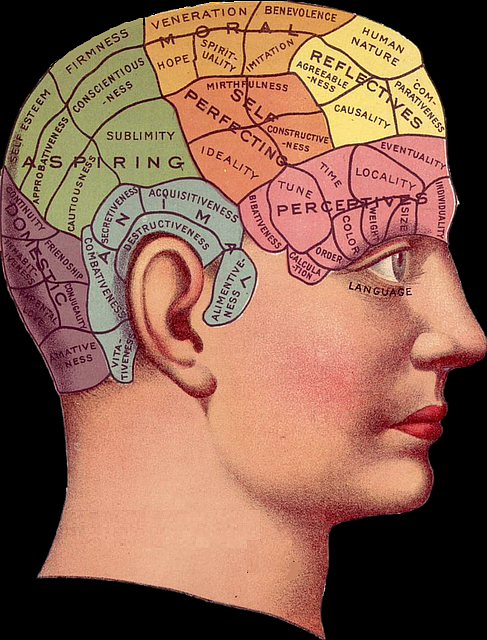Best Exercise to Boost Your Memory
VARIETY IS ONE KEY
March 28, 2024 at 11:45 a.m.
The article is based on a study published in the Journal of Epidemiology & Community Health that looked to explore the relative importance of individual factors, like daily movement, that can impact cognitive health.
Although the study looked at moderate to vigorous exercise, it also pointed to the fact that even light exercise, just 10 to 20 minutes of walking a day, "can be enough to take the edge off."
The Centers for Disease Control (CDC) reports that physical activity can help improve not only cognitive health and memory, but emotional balance and problem-solving skills as well. CDC recommends that most adults get at least 150 minutes a week of moderate exercise.
Here are the CDC's suggestions for the best physical exercises for your memory, according to the article:
Dance fast enough to get your heart rate up, whether dancing along to music at home or taking a cardio dance class
Squats and marching in place, which can be done in front of the TV, will increase your heart rate, and the multi-tasking of watching TV at the same time can have a synergetic effect.
Start a walking routine. Having a dog, even better, as having a dog often helps people walk every day. One study found that dog owners walk, on average, 22 minutes more every day than people who don't own dogs.
Use the stairs whenever possible.
Some more vigorous exercise to consider:
Running/Jogging
Swimming
Biking on an incline. Ride uphill, or take a spin class to get your heart pumping.
The article goes on to state that doing brain exercise is also important when it comes to cognitive health. As important as breaking a sweat for memory, write the authors, is consistently challenging yourself to remember.
"Mental exercises are the most important for memory because the more we practice remembering things like phone numbers, addresses, people's names, faces, music, titles, driving directions, the better our memory gets," says Dr. Rabin. Consistently practice paying attention and remembering.
And simply breathing helps. "Breathing kind of crosses the barrier between mental and physical exercises," explains Dr. Rabin. "Practicing breathing intentionally, which is a form of meditation, is extremely helpful for our memory and memory practice."
To read the full article and view the helpful links, visit





